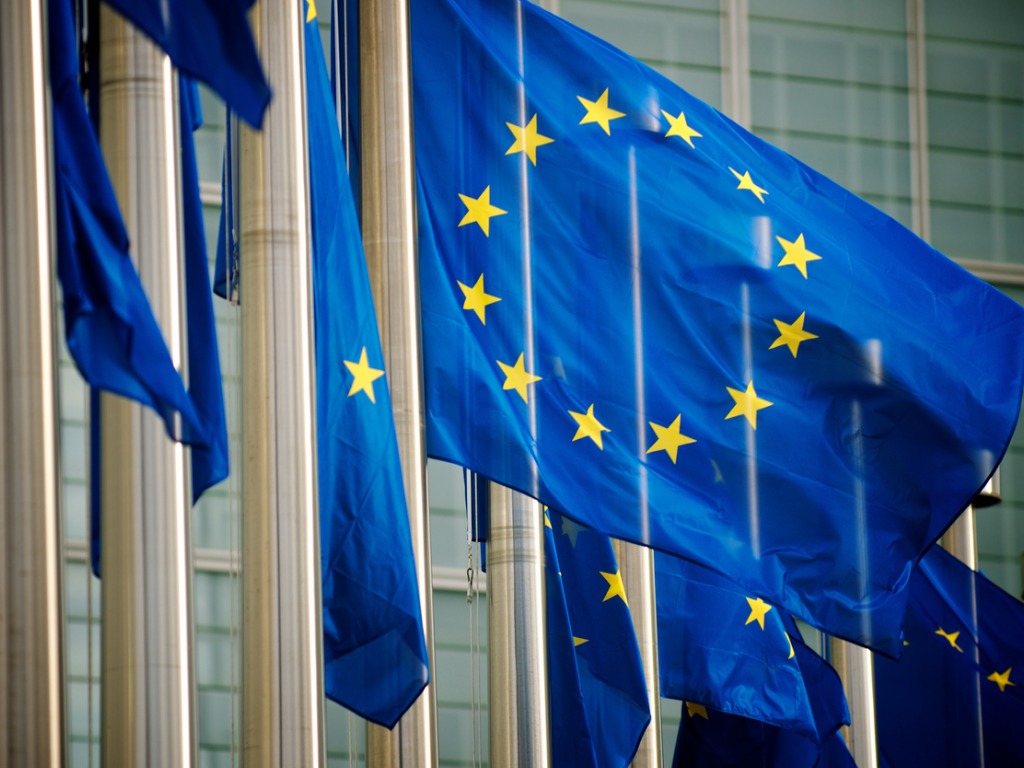EU Unveils Proposals Requiring Businesses to Protect Human Rights, Environment in Value Chains
The European Commission announced today the adoption of a proposal for a Directive on corporate sustainability due diligence, including rules requiring large businesses to assess and address adverse human rights and environmental impacts in their value chains.
The new rules will initially apply to companies with over 500 employees and more than €150 million in revenues, extending 2 years later to companies with over 250 employees and €40 million revenue. Non-EU companies with revenues earned in the EU above the thresholds will also be required to follow the rules.
Didier Reynders, Commissioner for Justice said:
“This proposal is a real game-changer in the way companies operate their business activities throughout their global supply chain. With these rules, we want to stand up for human rights and lead the green transition. We can no longer turn a blind eye on what happens down our value chains. We need a shift in our economic model. The momentum in the market has been building in support of this initiative, with consumers pushing for more sustainable products. I am confident that many business leaders will support this cause.”
The new rules, which apply to company operations, subsidiaries and value chains, require companies to integrate due diligence into policies, identify actual or potential adverse human rights and environmental impacts, prevent or mitigate potential impacts and end or minimize actual impacts. Companies will also be required to establish and maintain a complaints procedure, monitor the effectiveness of the due diligence policies and measures, and publicly communicate on due diligence.
Companies in the 500 employee/€150 million revenue group will also be required to have a plan to ensure that their business strategy is compatible with the Paris Agreement goal of limiting global warming to 1.5 °C.
Additionally, the new rules introduce requirements for company directors, spelling out duties to set up and oversee the implementation of due diligence and to integrate it into corporate strategy, and take into account human rights, climate change and environmental consequences of their decisions as part of their duty to act in the best interest of the company. The rules also incorporate the inclusion of climate change actions in director’s variable renumeration incentives.
Following the adoption of the new due diligence rules by the European Commission, the proposal will be presented to the European Parliament and the Council for approval, and member states will have two years to transpose the directive into national law.
Věra Jourová, Vice-President for Values and Transparency, said:
“This proposal aims to achieve two goals. First, to address consumers’ concerns who do not want to buy products that are made with the involvement of forced labour or that destroy the environment, for instance. Second, to support business by providing legal certainty about their obligations in the Single Market. This law will project European values on the value chains, and will do so in a fair and proportionate way.”





